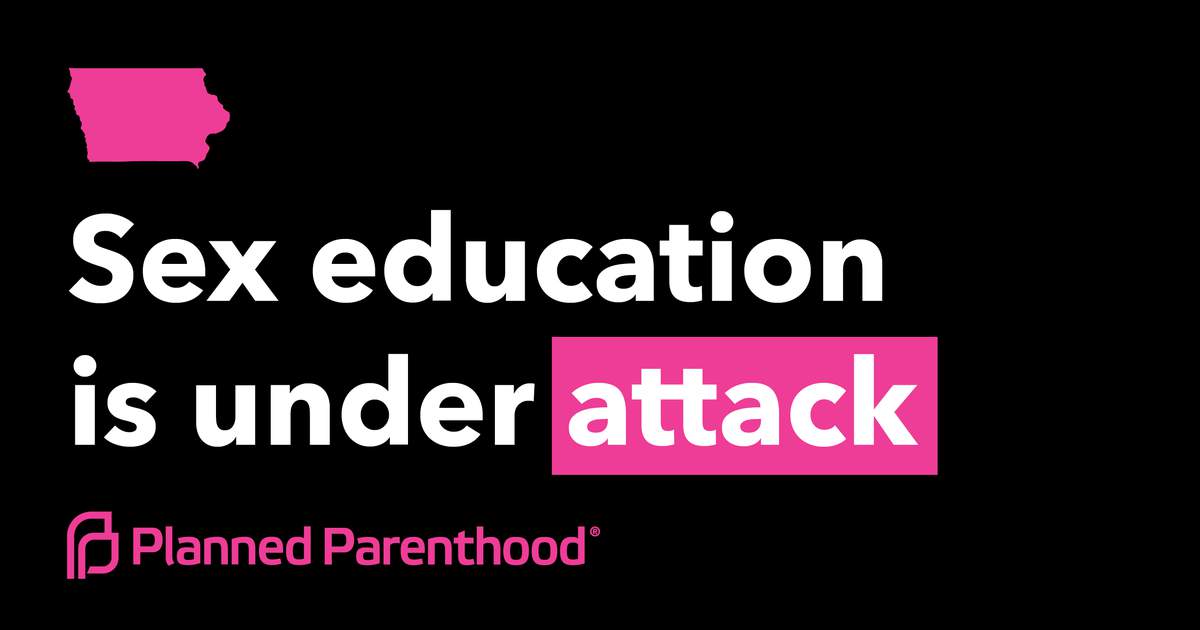Earlier this month the Iowa Department of Public Health released draft regulations for implementing the smoking ban that will go into effect on July 1. You can view the draft regulations here.
The Des Moines Register reported a few days ago that the people who have always opposed the smoking ban are furious about the IDPH’s draft rules:
“In my mind and in the minds of just about every single legislator I’ve talked with in the past week – and that’s about 20 or so – this is an absolute perversion of the legislative intent. Period,” said Rep. McKinley Bailey, a Webster City Democrat who voted against the bill in April.
The state’s administrative rules are intended to help clarify and implement laws and spell out details of enforcement. The Legislature’s Administrative Rules Review Committee discussed the proposed rules for the smoking ban Wednesday.
The Legislature this year approved a ban on smoking, effective July 1, in almost all indoor public places, including bars and restaurants. One provision in the law allows bar owners to permit smoking in their outdoor patio areas but prohibits restaurants from allowing outdoor smoking.
The rules, also effective July 1, say that bar food is limited to ice, pre-packaged snacks, popcorn, peanuts and the reheating of commercially prepared foods that do not require assembly, such as frozen pizza.
Under that definition, bars that have a grill and serve a burger, for example, would be considered a restaurant.
McKinley Bailey is a good Democrat, but I think he’s wrong on this issue. A restaurant is commonly understood to mean “a place where meals are served to the public.” I looked that up in several dictionaries.
If you look up definitions of “bar,” you will find that it refers to a counter or an establishment where beverages, especially alcoholic beverages, are served. Some of the definitions mention that food may be served at bars as well. The IDPH draft regulations account for this, by explaining the types of food that a bar may serve.
If you allowed every establishment that serves drinks to evade the smoking ban, you’d have hundreds of restaurant owners placing a few tables outside and declaring themselves to be “bars.”
It seems reasonable to say that if a business is serving the public food cooked to order, that establishment is a restaurant subject to the smoking ban.
I want to address this part of the Register article as well:
“This is a clear case where a state agency is going beyond the scope of the intended legislation,” said Tom Baldwin, owner of Drink, a Clive bar.
Roughly 3 percent of Drink’s sales are from food. But because of the proposed rules, the facility would be considered a restaurant for the purposes of enforcement of the statewide smoking ban, he told the rules committee Wednesday.
Baldwin has a simple choice to make. If he thinks that his business depends on letting patrons smoke, he can stop serving meals cooked to order and serve pre-packaged food instead. By his own admission, food accounts for only about 3 percent of his business’s sales.
Or, if he feels that cooking food for customers is vital for his business, he can go smoke-free.
Either way, I don’t think his argument about legislative intent holds water.
As I’ve written before, the research on smoking bans suggests that they do not hurt the bottom line. This report is worth reading in full, but here is the main conclusion:
A significant body of scientific research has been accumulated on the economic impact of smoking bans on hospitality business, particularly bars and restaurants. The only research that shows any long-term negative effect on bar or restaurant sales is unscientific research that has been sponsored by the tobacco companies.
All independent published studies conducted in the US and Canada that used tax data in the analysis concluded that “smoking restrictions do not impact negatively on hospitality sales, employment, or tourism activity in the long run.”
The current economic climate, with rising costs for food and transportation hitting restaurants and forcing many consumers to reduce their discretionary spending, is a genuine threat to the hospitality industry. In contrast, restaurant and bar owners’ anger over the new smoking ban is misplaced.
Continue Reading...




